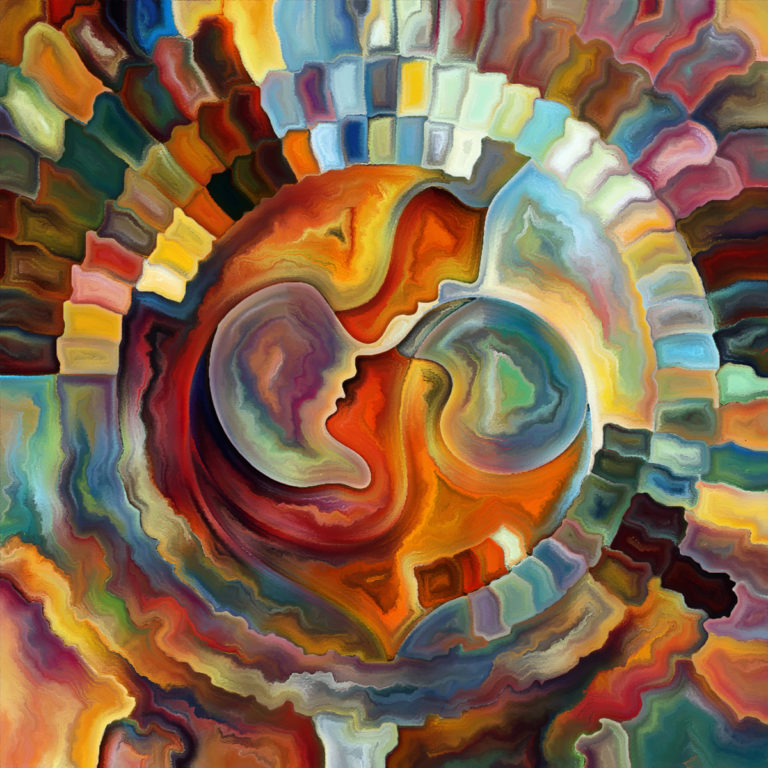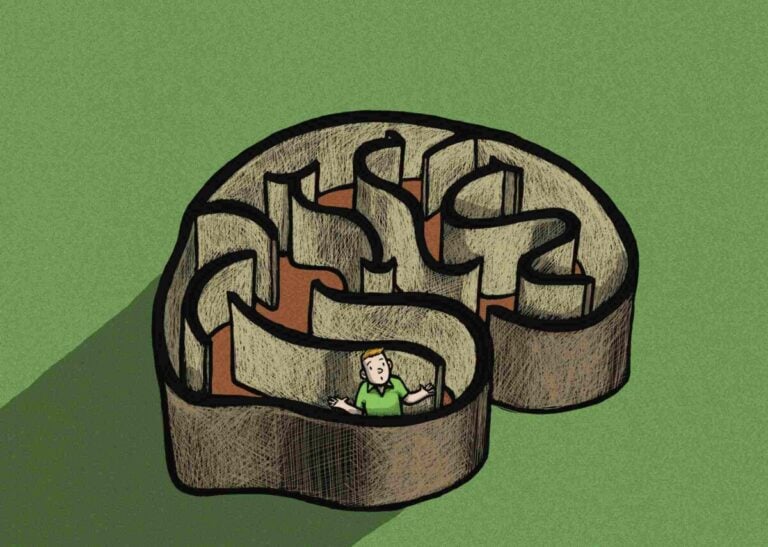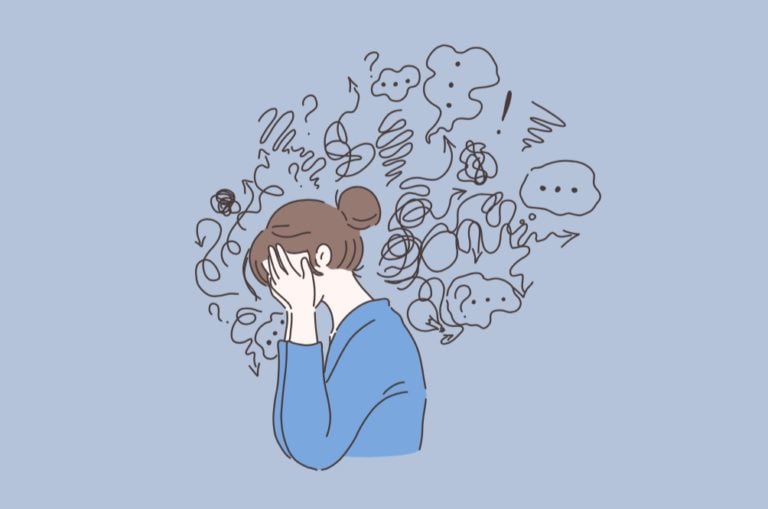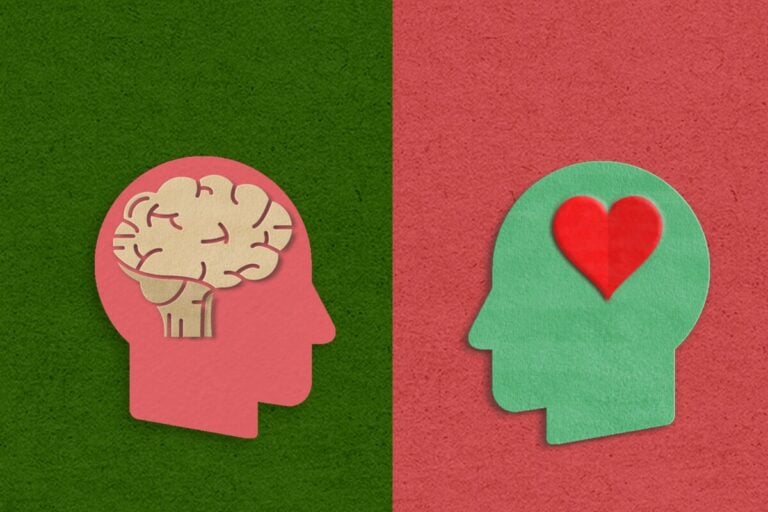Has anyone told you that you are too sensitive or too emotional? Do you feel empty when you spend time with certain people?
Can you tell when people aren’t telling you the whole truth? Do you feel unrest in the crowd? When your friend feels especially happy or unhappy, do you feel the same emotions? If you answered yes to these questions, you may be part of a special group of people known as empaths.
Who are empaths?
However, the term empath can also be used as a spiritual term to describe a person with special psychic abilities to sense the emotions and energies of others. This particular article focuses on the psychological aspects of being an empath.
On the one hand, empaths are great friends. They are excellent listeners. They constantly come to friends in difficult times. They are generous and generous. Empaths also have high intuition and emotional intelligence.
However, some of the qualities that make empaths such fantastic friends can be a heavy burden for empaths themselves. Because empaths literally feel what their friends are going through, they can get caught up in painful emotions like anxiety or anger. Empaths tend to take on the problems of others as their own. They often find it difficult to set boundaries for themselves and say no, even when too much is asked of them.

In addition, empaths often feel empty after spending time with people. Empaths are usually introverts and need a certain amount of time by themselves to recuperate. A 2011 study suggests that there is a link between highly empathic people and social anxiety. Crowds can seem especially overwhelming to empaths, who are often very sensitive to certain noises and incessant chatter. They feel best surrounded by nature.
Are you an empath?
Ask yourself:
- Do you consider yourself too emotional or overly sensitive?
- If a friend is upset, can you feel it?
- Are your feelings hurt easily?
- Are you emotionally exhausted in a crowd, do you need to be alone to cheer up?
- Are you annoyed by noise, strong smells, or long conversations?
- Do you overeat to deal with emotional stress?
- Are you afraid of being “captured” in an intimate relationship?
If you answer yes to 1-3 of these questions, you are at least a partial empath. A yes answer of more than 3 means you are definitely an empath.
Recognizing that you are an empath is the first step to taking responsibility for your emotions instead of constantly drowning in them. Once you begin to understand your empathic nature, you can learn to take better care of yourself emotionally.
How to manage your empathy
Set the borders
Empaths who naturally care about others find it hard to say no. This can lead to problems as you become overly busy and emotionally drain yourself.
Control how much time you spend listening to stressed people and learn how to say no. Set clear limits and boundaries with people, gently interrupting them if they get rough. Remember, “no” is a complete sentence. The continuation of the conversation is not implied.
Practice your ability to analyze
Since empaths tend to get carried away with what is going on around them, they need to practice this. Practicing reflection on events can help you reconnect with yourself.

Ignore your inner critic
The critical inner voice is like a nasty coach that lives in our heads, waiting for every opportunity to criticize us. Empaths, being sensitive, are vulnerable to these self-critical thoughts. However, it is important not to believe this self-deprecation and not act on the bad advice of the inner critic.
Practice self-compassion
While it is easy for empaths to empathize with others, they often find it difficult to empathize with themselves. Self-compassion means thinking of yourself as a friend. It’s called practice because you get better at it over time. There are three components to self-compassion practice:
- Confess and acknowledge your suffering.
- Be kind to yourself in response to your suffering.
- Remember that imperfection is part of being human.
Spend time in nature
Nature has miraculous healing effects for all people, but especially for empaths. Since empaths are very sensitive to the people (as well as the noise and environment) around them, spending time in nature is the best way for them to relax and rejuvenate. Whether you live somewhere where you can walk on the beach, walk in the woods, or sit in the park, it’s important to take the time to recuperate in a beautiful natural setting, especially when you’re feeling overwhelmed or emotionally drained.














